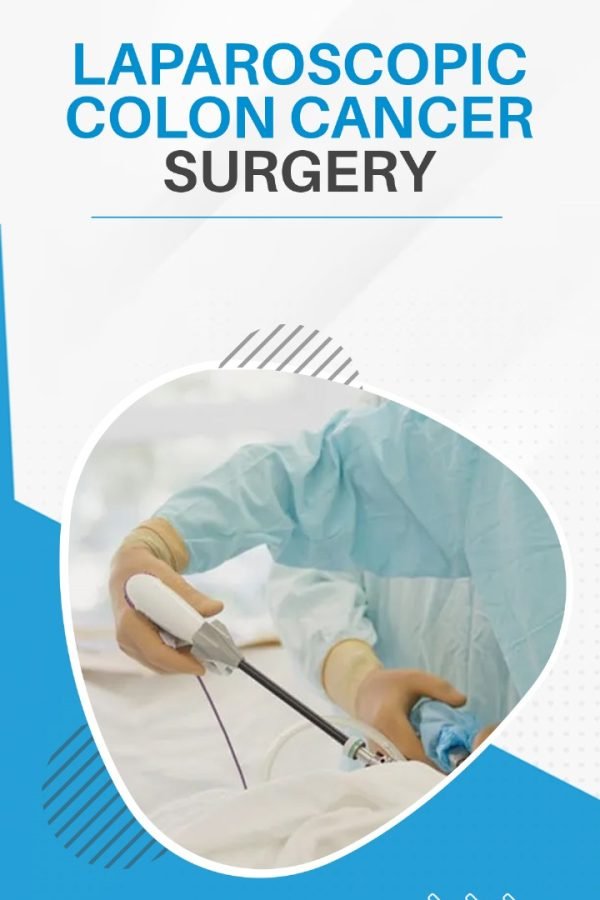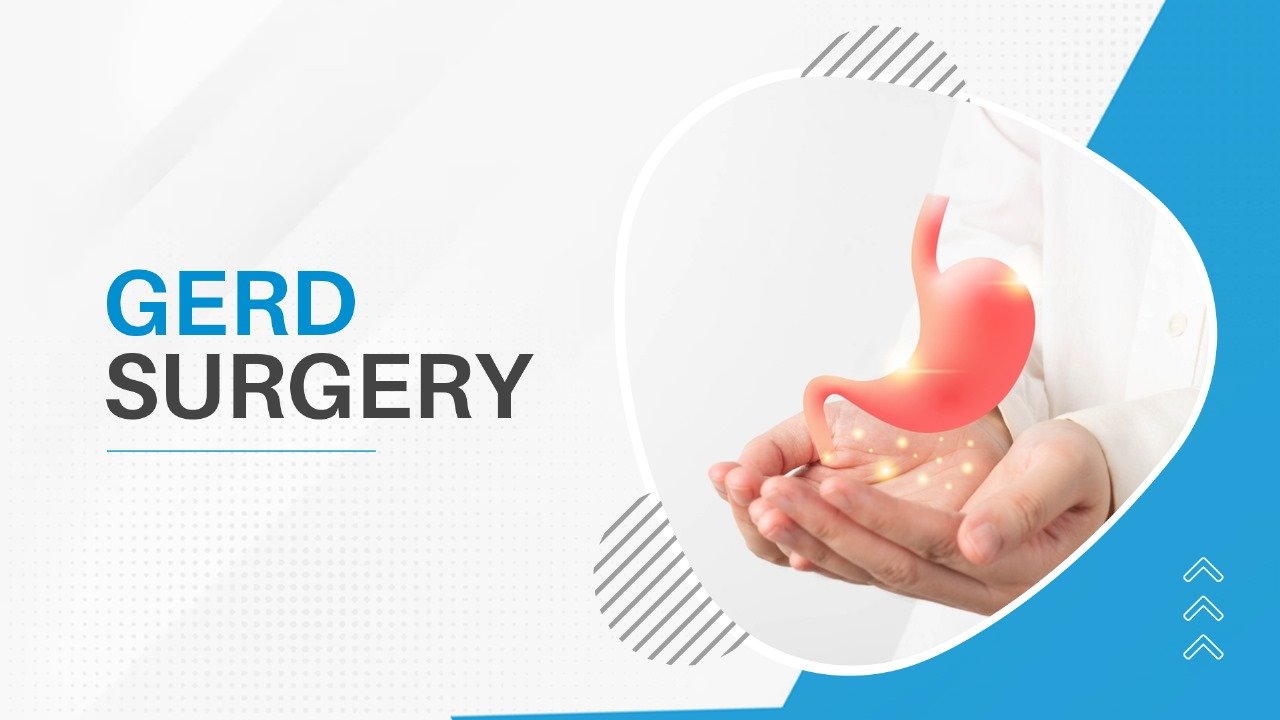- Anal Fissure Laser Surgery in Dombivli
- Appendix Treatment in Dombivli
- Bariatric Surgery in Dombivli
- Best Laparoscopic Surgeon in Dombivli
- Blogs
- Contact us
- Custom
- Dr Rahul Mahadar
- Dr. Dhanashree Mahadar
- Endoscopy Clinic in Dombivli
- Ent Surgeon in Dombivli
- Gallbladder Stone Treatment in Dombivli
- Gastrointestinal Surgeon in Dombivli
- Hernia Surgeon in Dombivli
- Home
- Laser Fistula Surgery in Dombivli
- Laser Piles Surgeon in Dombivli
- Services
- Specialities
- Testimonials
- Video


Surgery For Gerd
GERD, or Gastroesophageal Reflux Disease, is a chronic condition characterized by the reflux of stomach contents into the esophagus, causing symptoms such as heartburn, regurgitation, chest pain, difficulty swallowing, and in some cases, respiratory symptoms like coughing or wheezing. This occurs when the lower esophageal sphincter (LES), a muscular ring at the junction of the esophagus and stomach, fails to close properly, allowing stomach acid and food to flow back up into the esophagus.
While many cases of GERD can be managed with lifestyle changes, medications, and dietary adjustments, some individuals may require surgery for long-term relief. Surgery for GERD is considered when symptoms persist despite medical treatment or when complications such as esophageal inflammation (esophagitis), narrowing of the esophagus (strictures), or Barrett’s esophagus (a precancerous condition) develop.
There are several types of surgical procedures used to treat GERD
- Fundoplication: This is the most common surgical procedure for GERD. During a fundoplication, the surgeon wraps the upper part of the stomach (the fundus) around the lower esophagus to create a new valve mechanism and reinforce the LES. This strengthens the LES and helps prevent stomach acid from refluxing into the esophagus. Fundoplication can be performed using traditional open surgery or minimally invasive techniques such as laparoscopy or robotic-assisted surgery.
- LINX Reflux Management System: This is a relatively newer procedure that involves implanting a small ring of magnetic beads around the esophagus just above the LES. The magnetic attraction between the beads helps keep the LES closed to prevent reflux while allowing food and liquid to pass through when swallowing. The LINX procedure is performed laparoscopically and is reversible.
- Endoscopic Procedures: There are several endoscopic techniques available for treating GERD. These procedures involve using an endoscope (a flexible tube with a camera and instruments) to modify the LES or repair the hiatal hernia (a condition where a portion of the stomach protrudes into the chest cavity). Endoscopic procedures are less invasive than traditional surgery and may be suitable for certain patients who do not want or cannot undergo surgery.
Benefits of surgery for GERD include-
- Symptom Relief: Surgery can provide long-term relief from symptoms such as heartburn, regurgitation, and chest pain that are not adequately controlled with medications.
- Reduced Medication Dependence: Many patients can reduce or eliminate their dependence on medications such as proton pump inhibitors (PPIs) after surgery.
- Improvement in Quality of Life: Relief from GERD symptoms can lead to improvements in sleep, eating habits, and overall quality of life.
- Prevention of Complications: Surgery can help prevent complications associated with chronic GERD, such as esophageal ulcers, strictures, Barrett’s esophagus, and esophageal cancer.
- Minimally Invasive Options: Minimally invasive surgical techniques, such as laparoscopy or robotic-assisted surgery, offer shorter recovery times, less postoperative pain, and reduced risk of complications compared to traditional open surgery.
The decision to undergo GERD surgery should be made in consultation with a gastroenterologist or a surgeon after a thorough evaluation of the individual’s condition, symptoms, medical history, and preferences.

